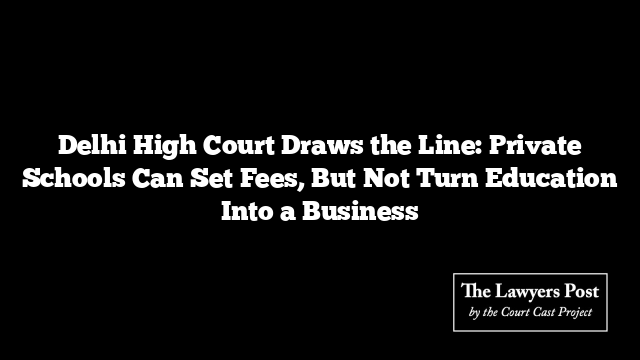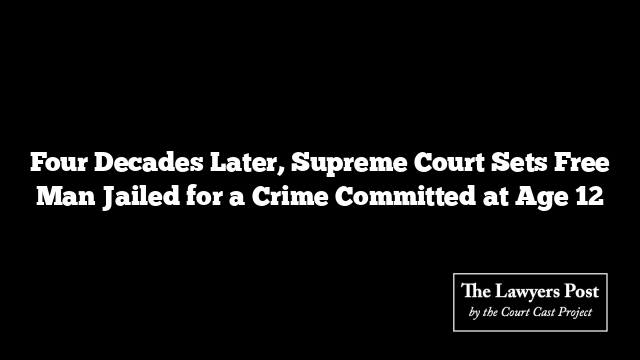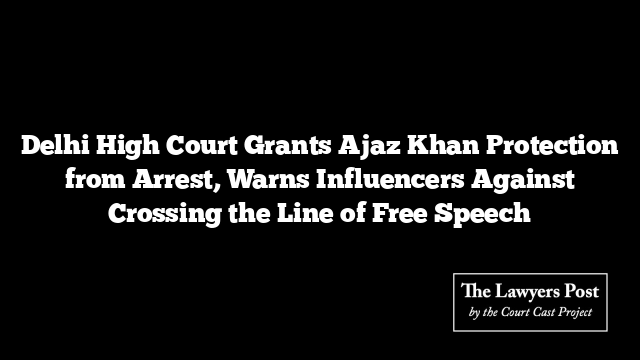The Delhi High Court has clarified that the government cannot dictate every rupee charged by private schools. Its role, the Court said, is limited to preventing profiteering and the collection of capitation fees — not micromanaging how schools decide their fee structures.
A Division Bench of Chief Justice Devendra Kumar Upadhyaya and Justice Tushar Rao Gedela observed that while the Directorate of Education (DoE) holds regulatory powers under the Delhi School Education Act and Rules of 1973, those powers have boundaries. The government’s intervention, the judges noted, must stop where legitimate educational management begins.
“The scope of interference by the Directorate,” the Court remarked, “extends only to cases of profiteering or charging of capitation fees. Beyond that, fee regulation becomes overreach.”
The ruling came in response to a batch of appeals from parents, students, and the DoE itself, challenging a single-judge decision that had invalidated directives preventing two unaided private schools from increasing their fees.
Reinforcing the principle of autonomy, the Court upheld the schools’ right to fix their own fees — but with clear moral and legal guardrails: no exploitation, no commercialisation. Education, the judges implied, cannot become a marketplace transaction disguised as schooling.
While dismissing the appeals, the Bench allowed the Directorate to reopen its inquiry if it finds credible evidence that a school has breached the law — provided it gives the schools a fair hearing first.
The verdict reaffirms a delicate balance: the State may keep watch, but it cannot tighten the leash so far that independence in education becomes illusionary.





